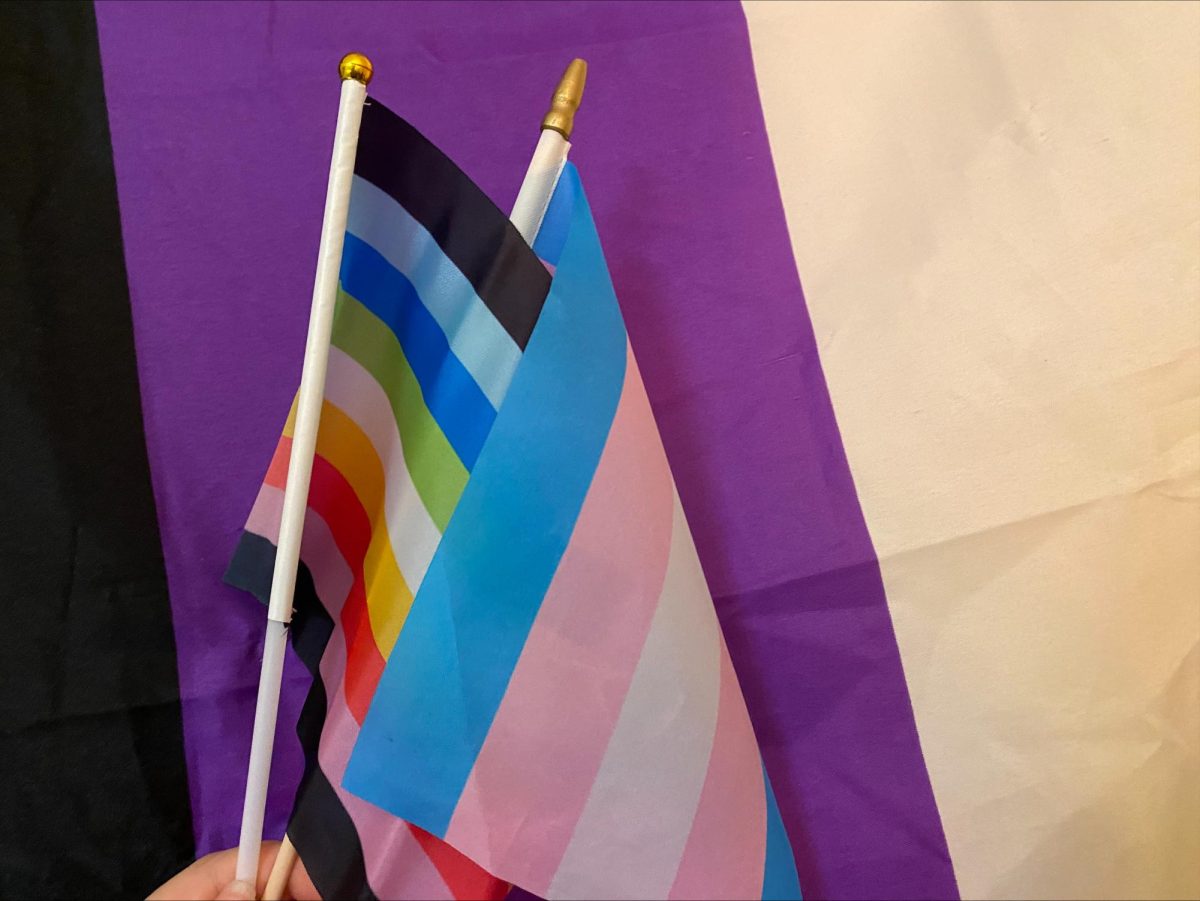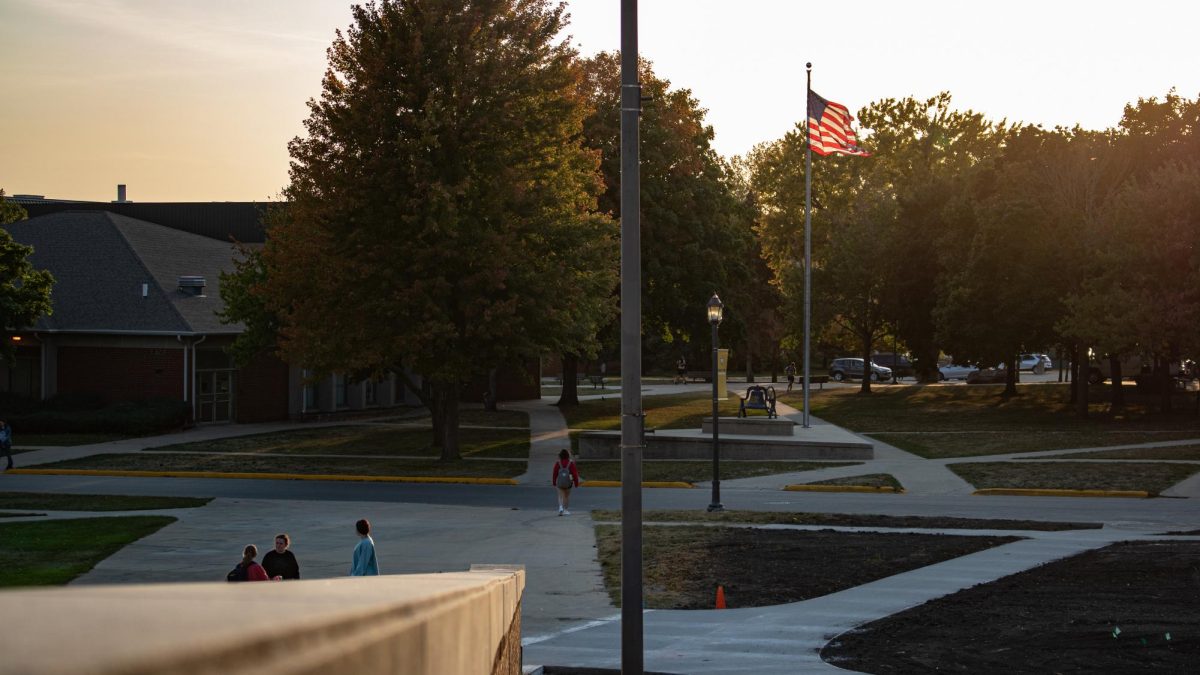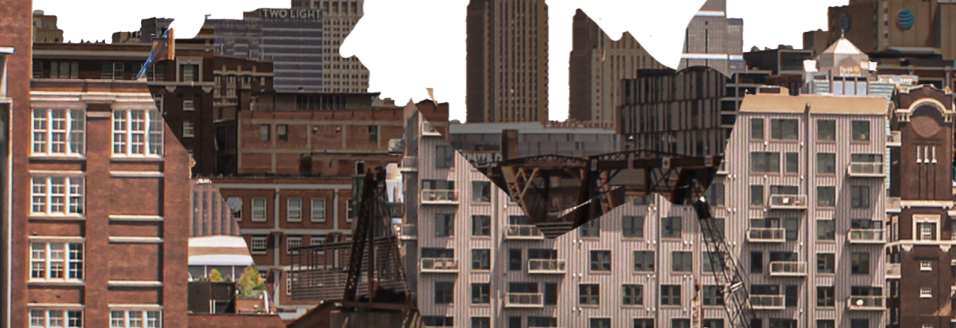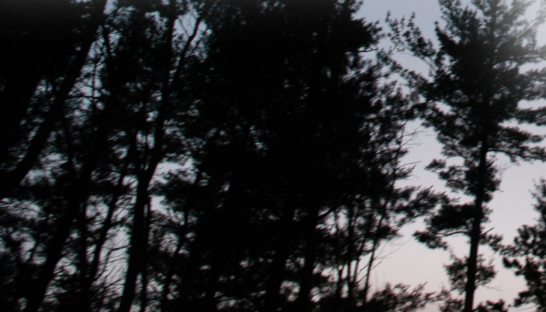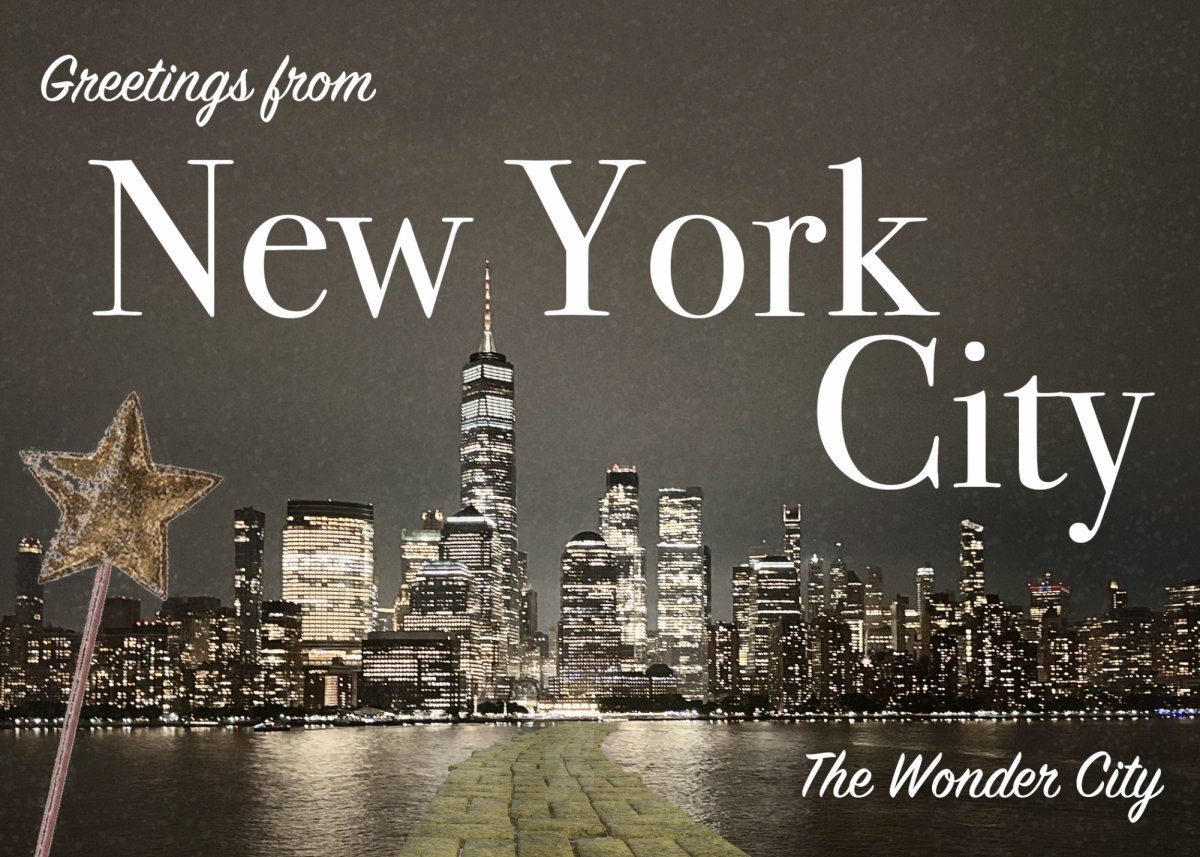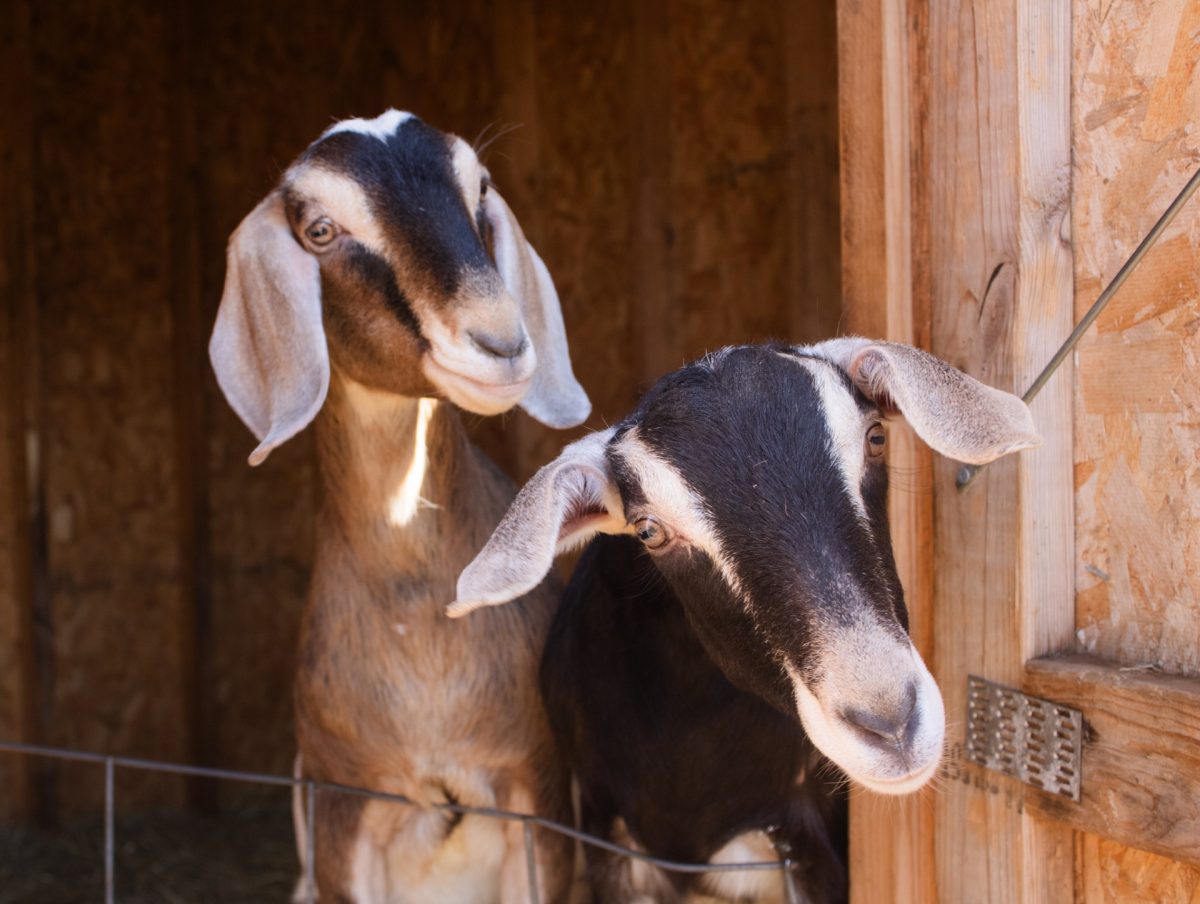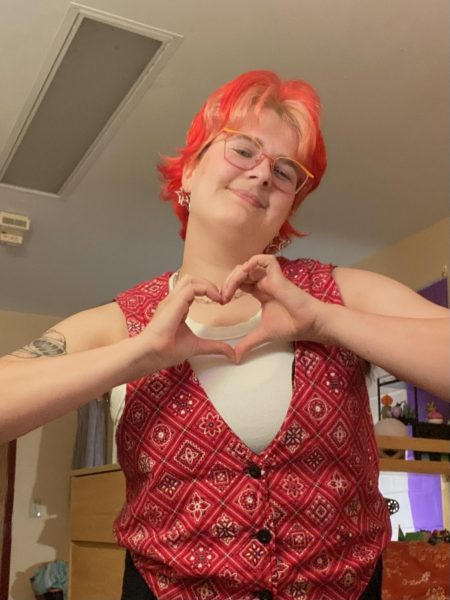If there’s one thing about me, it’s that I never stop talking. I have strong opinions about almost everything under the sun, and I’m proud of that. I defend myself and my community using any platform I can use to speak out. And somehow, after 19 years of never shutting up, I just had my first encounter with someone leading a conversation that I didn’t know how to approach.
Our table was adorned with stickers of pride symbols, and the main centerpiece was a full-sized pride flag. We were celebrating National Coming Out Day, and my job was to supervise the table to ensure nothing went wrong. That is, of course, when it went wrong. I was approached by someone who walked up to me, looked me in the eye, and told me that there was still time for God to forgive my sins. In the pause between her words and my response, I realized that I had never spoken face-to-face with someone who said something homophobic to me. No rehearsed argument or imaginary scenario can prepare you for an interaction like that.
My heart was beating through my throat, warning me of a threat that had no physical danger. I reminded myself of the rules that I kept myself familiar with. I needed to be calm, to not escalate anything she had not already, and to not give anyone the satisfaction of getting a rise out of me. When I’m loud and opinionated, it’s on my own terms. I kept my sentences short, blunt. I requested that she didn’t speak like that again to me, and I informed her that I didn’t share her faith. What followed was the longest one-minute conversation of my life. After it was clear we were getting nowhere, she left. What bothered me most wasn’t her ignorance or bigotry; it was her justification.
Religion has been a motivation for a lot of people to act within a moral code and provides hope to many during hard times. For LGBTQ+ individuals, however, religious organizations are not always safe spaces. Out of anti-LGBTQ+ and hate groups, organizations like American Vision, the Chalcedon Foundation, Faithful Word Baptist, and more are based in religious arguments. According to GLAAD, the majority of religious organizations are LGBTQ+ friendly, but it’s outspoken incidents like this one that make a one-time religious comment feel like years of oppression being placed back on your shoulders.
I never went to church, or any other form of organized religion growing up. But I wasn’t immune to the media portraying Christian groups as hateful. As is shown, it doesn’t represent the majority of Christian people. I know many loving, caring, supportive people in my life who share the same faith as those who try to oppress me. I could argue about what the Bible says regarding “love thy neighbor”, but it’s not my job to fix the reputation of an entire religion. Just like how it’s not my job to fix the “sinful” reputation of the LGBTQ+ community. It’s wrong to condone Christianity as a whole, I’ve learned that. But it’s also wrong to use faith as a justification for turning a safe space hostile. And who knows, maybe it’s wrong to make an entire opinion piece “callout” for one person who talked to you a month ago.
I still don’t know how that conversation “should have” gone. I think, in the end, we both walked away from that experience feeling unsettled. I wish that the person who approached me was educated and accepting, but we don’t live in a world where everybody understands. I wish I had the opportunity to educate everybody, but that takes an amount of time, patience, and tolerance that I simply don’t have. I don’t ask that everybody agrees with me. I just want people to be quiet sometimes. I’ll promise to learn how to be quiet in return.



